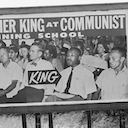
The South Has Got Something To Say
In recent books, Adolph L. Reed Jr. and Imani Perry offer divergent explanations of Southern inequality.


In recent books, Adolph L. Reed Jr. and Imani Perry offer divergent explanations of Southern inequality.

Throughout the United States, racial separation remains a common feature of collective life. The consequences are significant for left political organizing aimed at building a multiracial working-class majority.
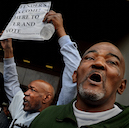
The politics of the 2010s and 2020s are about who the people are and what it means for them to matter.

Federal housing policies contributed to the segregation of American cities in the twentieth century. But it was private interests that led the way.

Nicholas Mulder’s account of the modern economic sanctions regime sheds new light on an era of extreme destabilization and destruction.

In Reconsidering Reparations, Olúfẹ́mi O. Táíwò makes the case for a political project with a global scope.

Deference to state governments has severely undermined public health efforts during the pandemic and deepened geographic inequality in the United States.
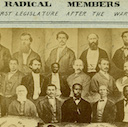
Since the end of the Confederacy, the cult of the “taxpayer” has provided a socially acceptable veneer for racist attacks on democracy.
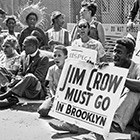
In July 1963, “Jim Crow Must Go In Brooklyn!” became the rallying cry of scores of men, women, and children resisting segregation.
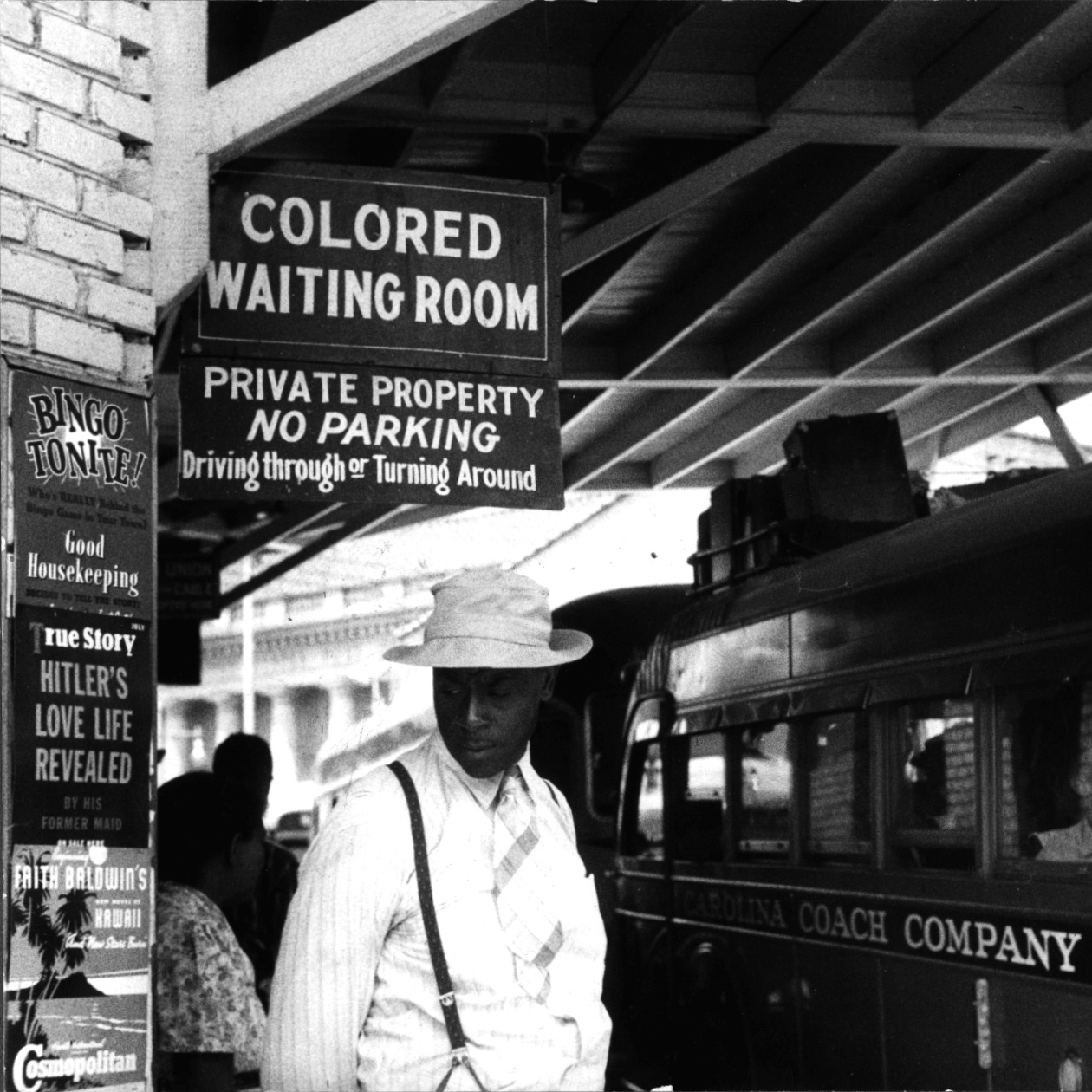
The most radical Nazis were the most aggressive champions of U.S. law. Where they found the U.S. example lacking, it was because they thought it was too harsh.

Two new books illustrate the central role of black women’s convict labor in the construction of the Jim Crow South, white womanhood, and American capitalism writ large.